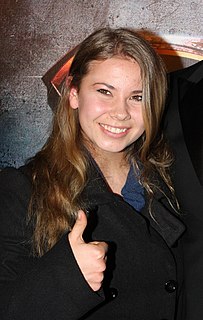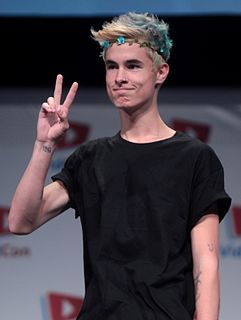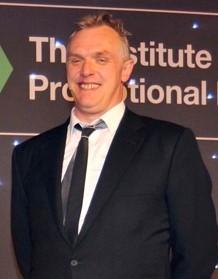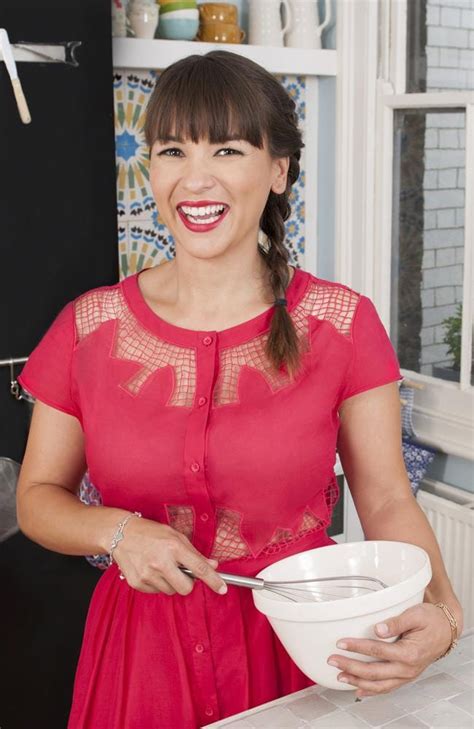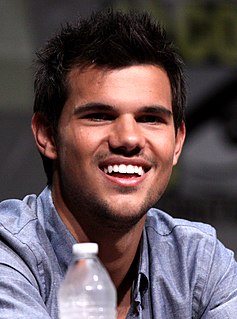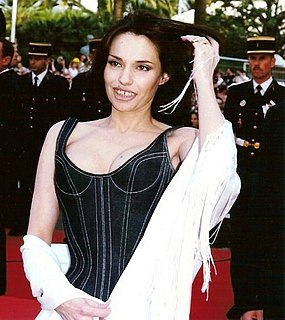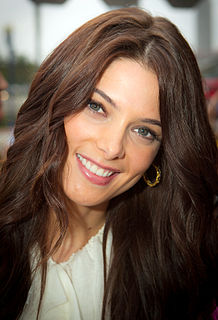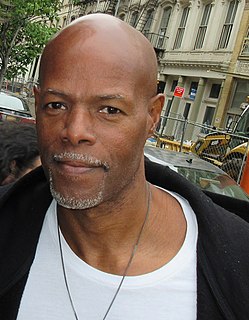A Quote by Bindi Irwin
I was so used to documentary filming, where it's one take. You can't really say, 'Make that elephant charge again!' And you talk to the camera. With movie filming, you're talking to someone else.
Related Quotes
I went from basically filming in my bedroom by myself, filming some funny videos, and then overnight, I switched into filming in some studios and some warehouses and family homes. I started filming with directors and producers and editors, and there were so many people in the room, so it was definitely weird.
It's actually a character choice for a movie I've been filming in South Korea called Okja. My director had this idea of having my hair be a very vibrant red/pink/watermelon color. We haven't finished filming so I'm kind of riding the wave of the red hair right now in terms of everything else that I have to do with The Last Tycoon press and you know, regular life. I'm really loving it. It's turning into a thing for me.
I don't want the people I'm with on this journey to feel like I'm filming them all the time. I don't want them to constantly feel as though they're being watched. So I will have the camera ready at all times, but I will only film when something is really worth filming. Those are the moments when the person being filmed is usually not aware of it.
Filming 'Eclipse' - Eclipse was my favorite book so I was really excited to start filming the movie. I just love that it's the height of the love triangle. 'Twilight' develops Edward and Bella's relationship, 'New Moon' develops Jacob and Bella's and in 'Eclipse,' the three of them are physically together.
If anything, I'm overacting in the ring because of the facials and the body language. I want the guy in the cheap seats to be able to see what I'm thinking, the expression on my face. But when you're filming a movie, it could be a two- or three-camera shot, and you're doing it over and over and over again. It's not live TV; it's a lot different.
